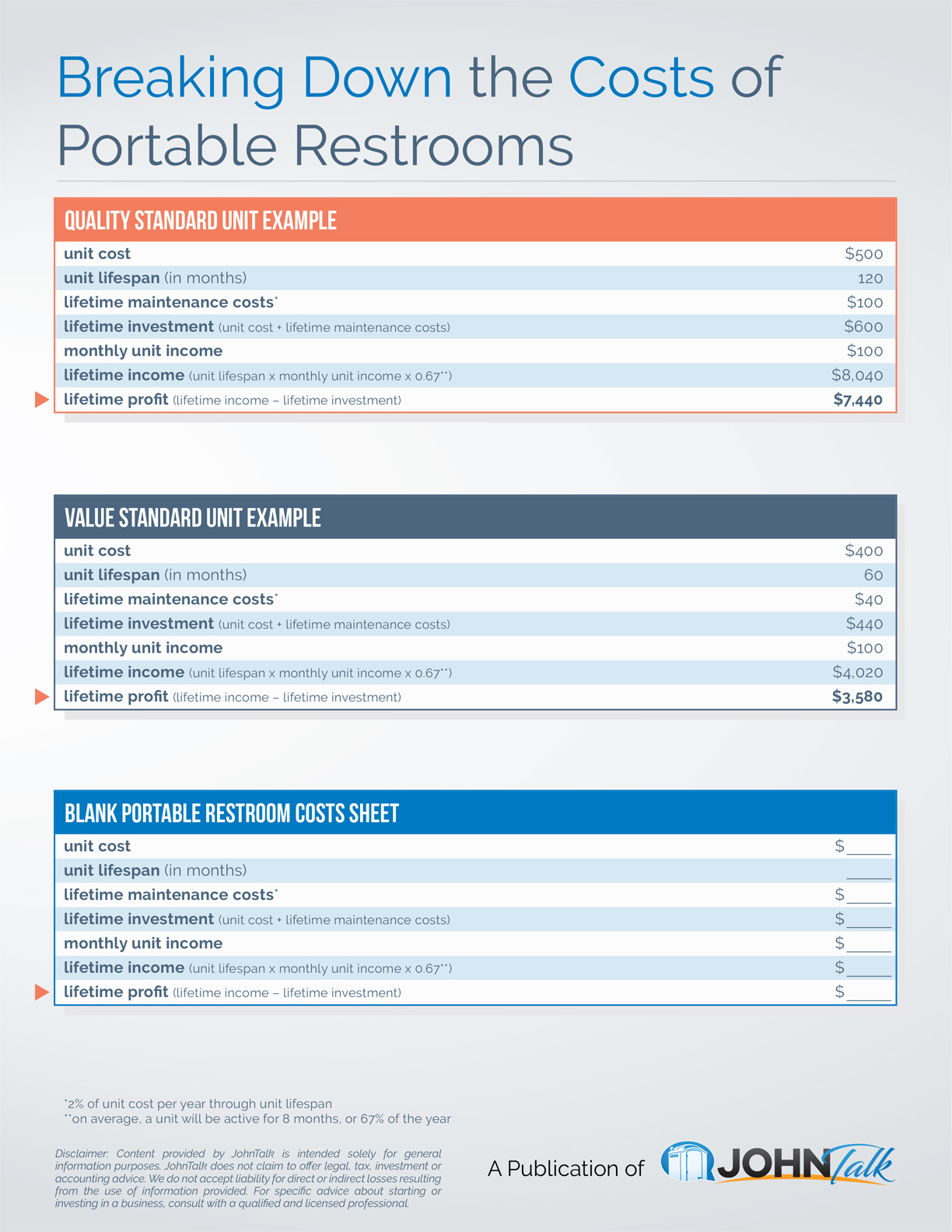
INFOGRAPHIC: Breaking Down the Costs of Portable Restrooms
March 18, 2019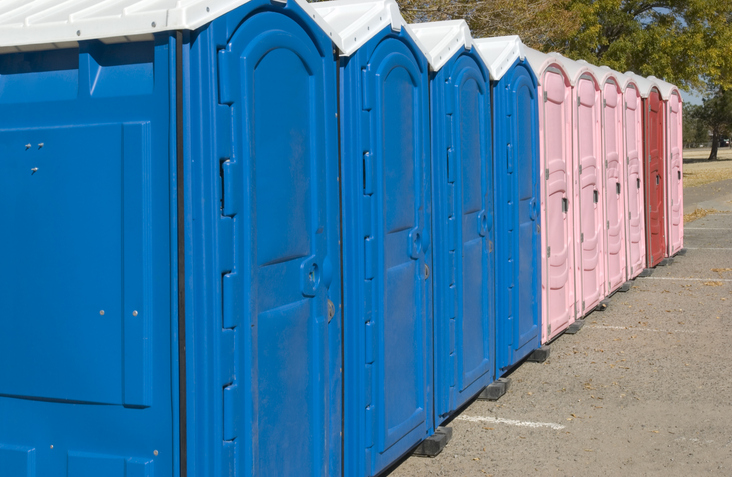
How to Determine Which Opportunities to Seize and Which Ones to Bypass
April 1, 2019You’ve heard the comments and assumptions about owning a portable sanitation business.
Gross.
Disgusting.
Who in the world would want that job?
But when you walk a mile in the boots of many portable sanitation small business owners, a different perspective emerges.
Satisfying.
Profitable.
It’s a career choice I’ve never regretted.
There will always be aspects of running a portable sanitation business that make it more challenging than the average small business. Nevertheless, owners tell us and statistics show us that the business and career that seemingly no one wants to have and everyone makes jokes about is continuing to deliver career satisfaction, profitability
Success Goes Hand-in-Hand With Quality and Pride
Why a portable sanitation career? Because success is there for the taking.
Six years ago, Brad Wilson’s cousin loaned him 50 portable toilets, supplies and his backup pumper truck to see if he would like the portable sanitation business. Today, Better Portable Toilets in Albany, Oregon has 600 units. “Everybody told me there was no way I could do this,” Wilson said. “There was no room for my company. The market was saturated. There were large players and
In the first five years, the company doubled in size every year. There was a point when they were turning down 15 customers… a day. Wilson’s “secret” to success is “When you finish cleaning the unit,” he tells new employees, “you should be willing to let your mother go in after you.”
Fairs and events are Better Portable’s bread and butter. A favorite is the ladies-only, pink toilets that feature a sink, mirror, purse hook, wastebasket and silk flowers. He approaches potential customers with the question, “Have your events ever gotten compliments about how clean your portable restrooms are?” He asks because Better Portable has never worked an event without getting compliments – and he has the letters to prove it.
“I like the industry,” Wilson said. “There is huge growth potential.”
Changing Minds About Portable Sanitation
Some operators have an insightful understanding as to what is at the heart of the industry. The focus is not on the dirtiness. It’s on the cleanliness.
Jeffrey “Bucky” Potter, of Potter’s Potties in Catharpin, Virginia, says on his Facebook page that his mission is to “debunk the ‘dirty’ stereotypes that are so prominent in the neglected portable toilet industry.”
When he first saw the opportunity of a portable sanitation career, he realized he could differentiate his service by emphasizing a “clean” mentality. He uses the word “clean” constantly when speaking to customers and potential customers. Potter’s Potties offers “the cleanest potties around,” and they’re environmentally friendly, too (“clean and green”).
His instincts proved to be correct. Cleanliness is a top-selling feature. Potter tells of a man, driving, who needed a bathroom break. Seeing a Potter’s Potties unit at a site, he pulled off to the side of the road to use it. He was so impressed by the cleanliness of the unit that he became a customer.
Why portable sanitation? “The pros far outweigh the cons,” Potter said. Where others see a terrible career or smelly work, Potter sees the enjoyment of getting in the truck every morning and driving through the beautiful countryside. Not punching a clock. Lots of freedom.
“Portable sanitation fits my personality,” he noted. “It’s just a little different. That’s what keeps it interesting.” And with
Potter’s Potties opened in 2017. Potter noted, “We’re already successful, but there’s plenty of room for improvement.” Be sure to check out his video on his company homepage.
Putting the Emphasis on People
One of the pleasures of portable sanitation that can change attitudes about the industry is a focus on the end user. Although you are supplying a product (portable toilets), it’s really about providing a service. As a service industry, portable sanitation is in the business of making people feel better and live better.
In other words, portable sanitation is a people profession.
Paul Cooley, of Cooley Pumping/Cooley Sanitation, is a good example of a people person. He has a very high personal satisfaction rate when it comes to meeting with people. “I enjoy 99 percent of the people I work with,” he said. The people include his team. He covered all the routes at first and now has 18 employees. “I have a good crew, and like working with them,” he said.
Cooley Pumping services many large festivals, which appeals to Cooley because he takes a lot of pride in the design and planning of a complicated setup. Because Cooley is on-site perhaps more often than most owners, his easy laugh and
Actually, Cooley is doing better than that. “The business has done well for us,” he said. “It’s true that if most people don’t like to do it, it usually pays better.” He started a septic service business in 1993 and picked up his first 16 units on the memorable day of December 31, 1999. Within the year, his company had 125 units. He remembers, “We hit the ground running.”
If happiness is a measure of career success, Cooley is there. He said, “I like the industry. There’s obviously a need for us, and I’m just happy to be a part of it.”
Get the JohnTalk “ALL-ACCESS PASS” & become a member for FREE!
Benefits Include: Subscription to JohnTalk Digital & Print Newsletters • JohnTalk Vault In-Depth Content • Full Access to the JohnTalk Classifieds & Ask a PRO Forum
Good Laugh, Good Business
PROs like Wilson, Potter
Many PROs use humor to introduce the public to a more positive image of p
In fact, laughing at yourself is good for you. NBC News reports that laughing, along with an “active sense of humor,” can protect against a heart attack and prevent heart disease. Happier people are also more resilient, meaning they can better handle life challenges, while a Harvard University study indicated that the stress experienced by less resilient people produces chemicals in the body that cause inflammation. Higher resilience is also associated with a higher pain threshold and better short-term memory.
Of course, when you’re running a successful portable sanitation operation, it also helps when you can “laugh all the way to the bank.”
Take It to the Next Level
It’s the small business owners who take the greatest pleasure in their business and their industry that give portable sanitation a good name. They put all the elements together to create a portable sanitation experience built on ambition, pride, service, quality, promotion and community involvement.
“Magic Mike” Benson started A-1 Porta Potty about three years ago to “make portable sanitation great again.” (By the way, he’s had his nickname for more than 20 years, long before the Channing Tatum movie, as an entertainer and race track announcer. He does a super voice imitation of Mater from the Pixar film Cars.)
“We took portable sanitation to the next level,” he said. All of his units are immaculately clean, identical and easily recognized, have lighting, hooks and other amenities. Then, he crafted his brand to create public awareness of A-1’s superior service, using a sense of humor, good fun and involvement.
Benson b
He and his team take comments in stride. (Typical humor: Hey, that’s a “crappy” job. Favorite comeback: Yes, it is. But every Friday, I smell a paycheck.) But because Benson is involved in the communities he
A-1 started with 70 units and one truck. Today, taking it to the next level of success, Benson has 900 units, four route drivers, two septic trucks and six portable restroom trailers. “We’ve had a lot of growing pains, and we’ve overcome many obstacles,” Benson said. “But we’re proud of our work and we’re not stopping until we’re on top.”
“The industry is challenging and exciting,” he added, “but you have to have fun.”
A New Attitude
Ultimately, respect for an industry comes first from within.
Tim Smith, of A King’s Throne, points out that the spirit of camaraderie in the industry is one of the main reasons he chose portable sanitation as a career. He started his company in 2006 and worked in the business beforehand. In all his experiences, he said, “The people I’ve met are so friendly, so willing to talk to you or help you out, whether they are vendors or other operators. There’s not another industry like it.”
It’s an industry where all are treated equally. Smith said, “At tradeshows, we’re all the same” if you’re a small owner with 2,000 units (like Smith), or a company with 40,000 units.
Smith started with 200 units. His company grew because, as he said, “I have an honest work ethic, and what I promised to the customer, I delivered.” He had a great mentor in Lee Sola of S&B Porta-Bowl Restrooms. Today, one of the pleasures of Smith’s business is watching his employees grow and knowing he helps provide them with a good living
Smith still hears the jokes and comments, but he has been around long enough to see a trend – the negative view of portable sanitation is fading. “The attitude is changing,” he said. In addition to PRO efforts in the public eye, Smith attributes the reversal to the significant role of education, especially through Portable Sanitation Association International (PSAI). PSAI has promoted an impressive image of professionalism, success, environmental stewardship and public benefit. Smith serves on the PSAI board.
Smith added, “Yes, I definitely recommend portable sanitation as a career. It has huge potential for growth.”
Numbers Support Portable Sanitation
Many people might still make fun of portable sanitation, but the numbers reinforce what most of us already know – your public sanitation services are needed and wanted.
PSAI recently released its latest review of the sanitation industry. Based on its best estimates, it concluded that the data show the industry is healthy, serves a broad public demand and offers career opportunities for entrepreneur and employee alike.
- Portable sanitation is big business – The portable sanitation market in the U.S., as of 2018, is estimated to be between $1.38 billion and $2.01 billion. When the portable sanitation and septic services markets are considered as a whole, the combined value is between $4.6 billion and $6.7 billion.
- The industry is comprehensive – As you might expect, there are portable sanitation companies in all 50 states, ranging from more than 200 companies in both Texas and California to 11 in Delaware. In five years (2011-2016), the number of companies increased in 31 states.
- The industry is growing – From 2002 to 2019, the total number of companies in the U.S. that provide septic services and/or portable toilets has
increased nearly 25%,to more than 9,000. Companies engaged primarily in portable sanitation have increased more than 60%,to nearly 1,200. - There are more people in the industry – From 2011 to 2016, the number of paid employees in the U.S. portable sanitation and septic pumping industry increased from 18,620 to 23,210, an increase of nearly 25%. Several individual states enjoyed a more than 50% increase in paid employees; employees in the state of Washington increased 127%.
- Portable sanitation is outperforming the U.S. economy – From 2012 to 2018, the septic tank, portable toilet rental
and related industries recordedan estimated average revenue growth of 5% to 8%, outperforming U.S. GDP growth. By itself, the portable toilet rental industry has been growing at a rate of 7.25% during the same time frame, with a slowdown to about 2% in 2017 and 2018. - The industry isn’t going away any time soon – PSAI estimates that there are about 2.1 million single-cabin portable toilets in service in English-speaking North America. Total receipts in 2012 (the last year for available data) added up to $2.627 billion. Receipts per establishment were $785,000.
Every successful portable sanitation business helps build the reputation of the industry. Every satisfied customer helps tilt the image from negative to positive.
Looking to Take Your Portable Restroom Business to the NEXT LEVEL? Download our FREE Guide: “Your Guide to Operating A Portable Restroom Business.”
Thinking About GETTING INTO the Portable Restroom Industry? Download our FREE Guide: “Your Guide to Starting A Portable Restroom Business.”


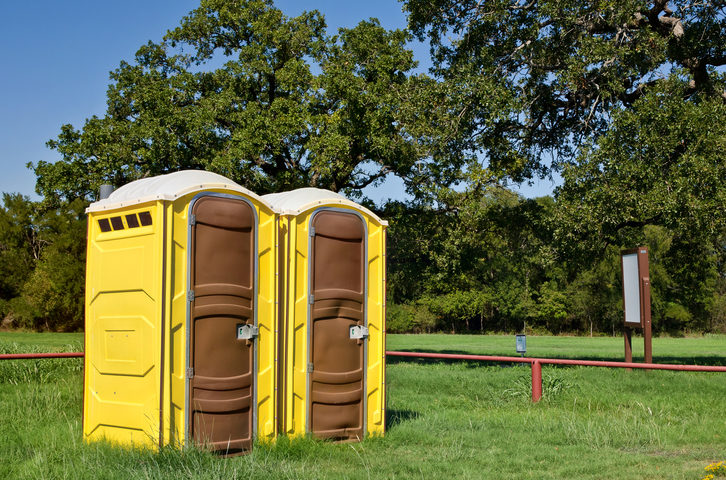
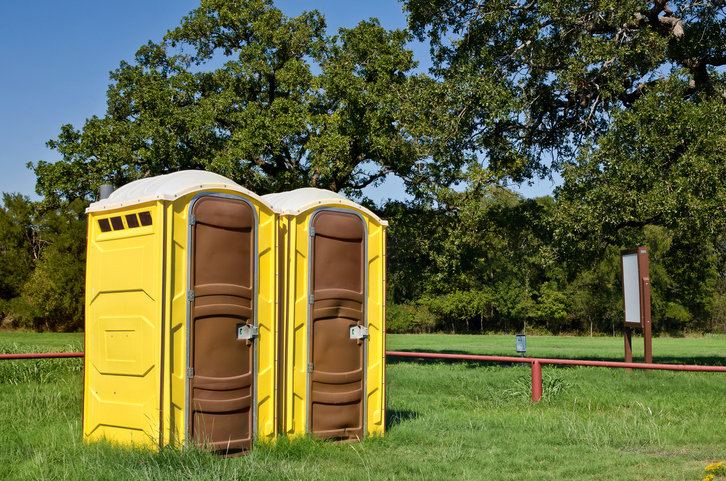
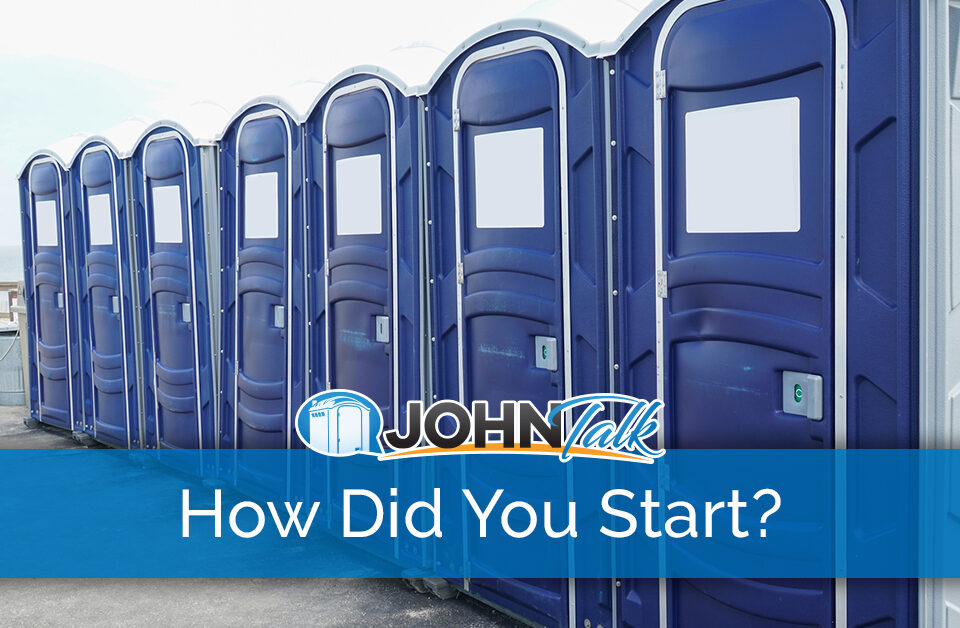


1 Comment
I had no idea that portable sanitation services are the most successful if they are clean, as is demonstrated by Jeffrey Potter and Brad Wilson. That makes a lot of sense to me because I prefer relieving myself in a clean environment as well. My little sister is getting married in a clearing in the woods and wants to hold a three-day-long celebration there. I will suggest she find a chemical toilet service that has high customer ratings for their cleanliness for the event.